
CADF 2024 Wrap-up Report
Highlights from the 2024 Central America Donors Forum in Antigua Guatemala, Guatemala.
We’re excited to share this wrap-up report of highlights from the 2024 Central America Donors Forum, which brought together more than 1,000 people from across 625 organizations and 27 countries in the beautiful city of Antigua Guatemala.
CADF 2024, our largest gathering in the event’s 14-year history, featured 65 sessions, meetings and activities that explored the role played by civil society, philanthropy, government, independent media, the private sector, the international community and multilateral organizations in building more equitable, fair, prosperous, democratic and healthy societies.
At Seattle International Foundation, we are proud of the accomplishments and successes of CADF 2024, and we are grateful to all the people and organizations that made this event possible. Thank you for being part of this unique space in Central America and for helping us expand CADF’s impact each year.
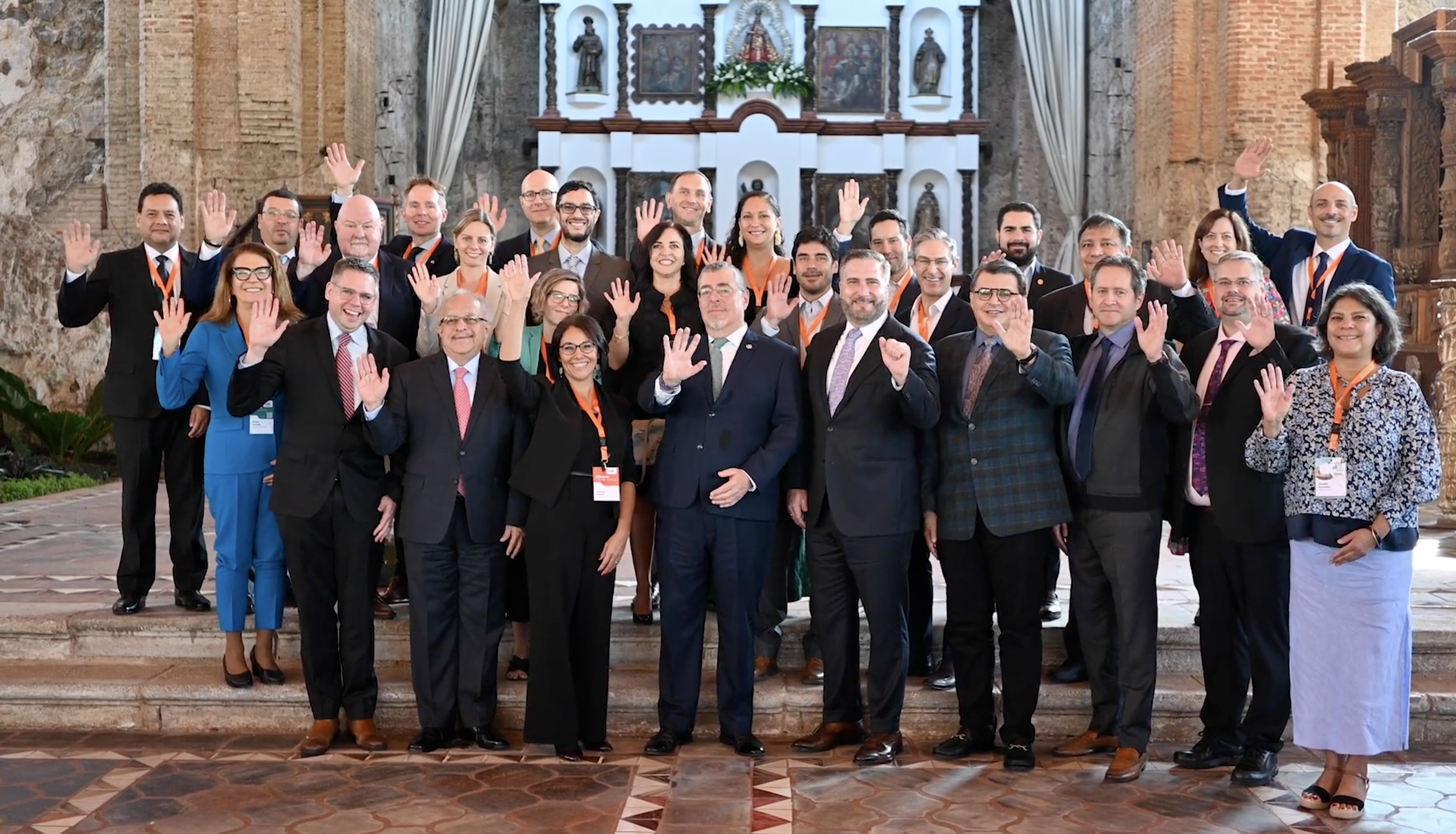

Check out the CADF 2024 video for a glance into the dozens of panels, workshops, keynotes, roundtables, cultural activities and networking events.

Thank you for clicking into the 2024 Central America Donors Forum (CADF) wrap-up report. Each year, Seattle International Foundation (SIF) has the honor of hosting CADF, a unique gathering that brings together hundreds of leaders and experts from civil society together with representatives from philanthropy and the public and private sectors to discuss development, justice and equity in the region.
Over the course of 3 days, CADF 2024 gathered 1,036 leaders from 425 unique organizations. The CADF 2024 audience arrived from 27 countries and included 220 speakers.
Check out additional key metrics below.
This plenary addressed the dynamics of collaboration and coordination between civil society organizations, and highlighted the importance of innovative strategies for lasting social change. Speakers addressed the challenges of funding and the disconnect between movements, the need to maintain both political and technical approaches, and the recent democratic opening in Guatemala in large part due to the crucial role of Indigenous peoples who not only led the resistance, but also inspired other actors to join. The session concluded that it is vital to continue building spaces for dialogue and common strategies which adapt to local realities and strengthen the link between social movements and civil society, thus ensuring transformative impact.
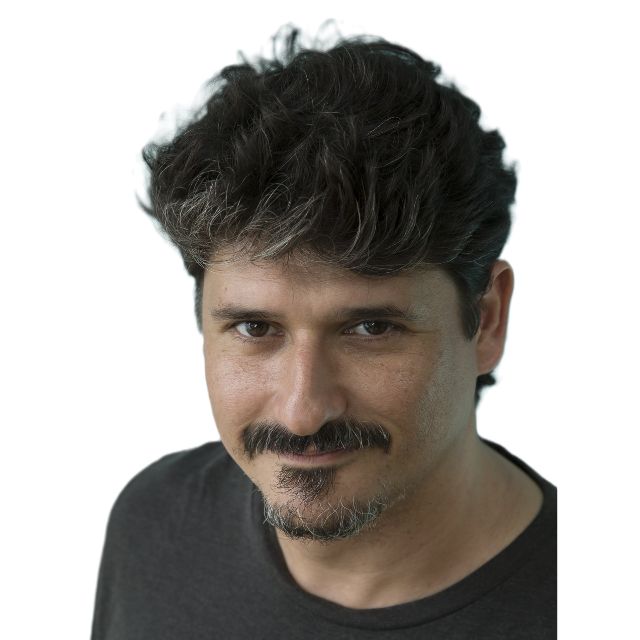
Independent Journalist

Cristosal
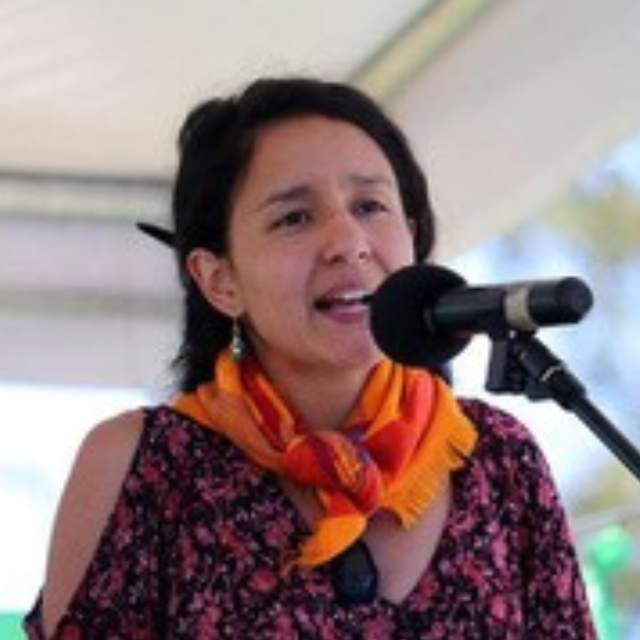
Council of Popular and Indigenous Organizations of Honduras (COPINH)

Authorities of the Ixil People of Nebaj
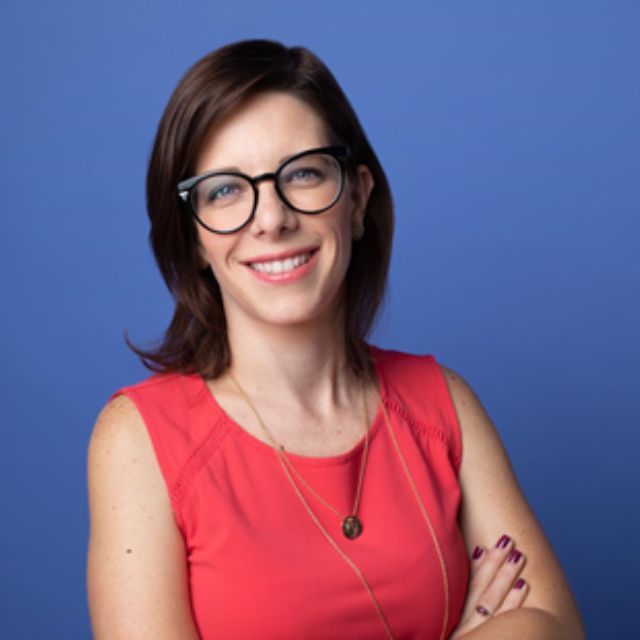
Ford Foundation


“The Central American Donors Forum is a unique event. We are very proud to sponsor this space which brings together donors, governments, multilateral agencies and, most importantly, many civil society organizations from Central America. For donors, it’s a great opportunity to learn about the work that these organizations are doing, hold high-level meetings and create strategies for development in the region,” shared Rodrigo Barillas, Global Director of the Luis von Ahn Foundation.
Local, national and regional news agencies and media outlets covered the Central American Donors Forum, an event most recently held in Guatemala 8 years ago. Before and during CADF 2024, there was also a wide presence on social media with the hashtags #CADF2024, #AlianzasTransformadoras and #TransformationalPartnerships, which had a reach of more than 300,000 users. See below for multiple articles in Spanish.

Durante su discurso, el presidente Bernardo Arévalo señaló que: "El foro se centra en a la construcción de alianzas transformadoras para generar economías incluyentes y sostenibles por la vitalidad y aportes que traen los movimientos sociales al desarrollo social y político del país, por la defensa de la democracia y el presente de nuestros jóvenes".
This panel discussed challenges and opportunities for the defense of democracy in Guatemala, addressed the need to rebuild society through intersectional dialogues, and highlighted that the fight against corruption and the application of justice are essential to create real change. The conversation provided an analysis of the risks to Guatemalan democracy in 2023, including the reluctance of authorities to relinquish power and the criminalization strategies against youth and student leaders, and underscored that significant change comes from the collective participation of a population.
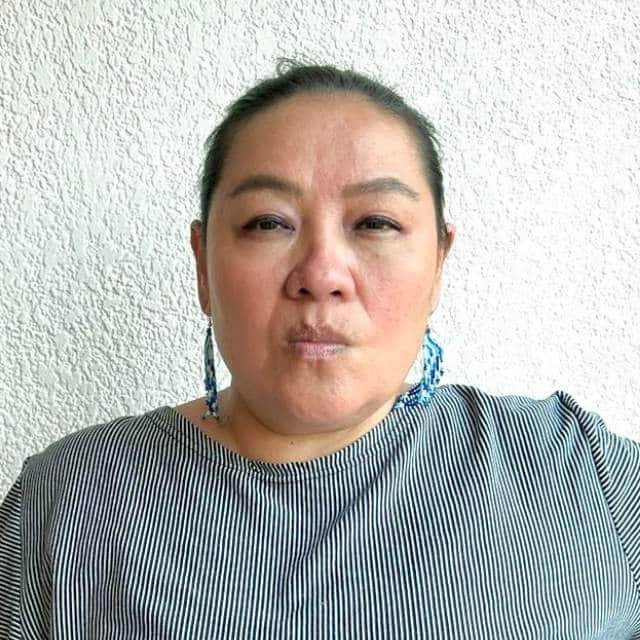
Prensa Comunitaria & Ruda
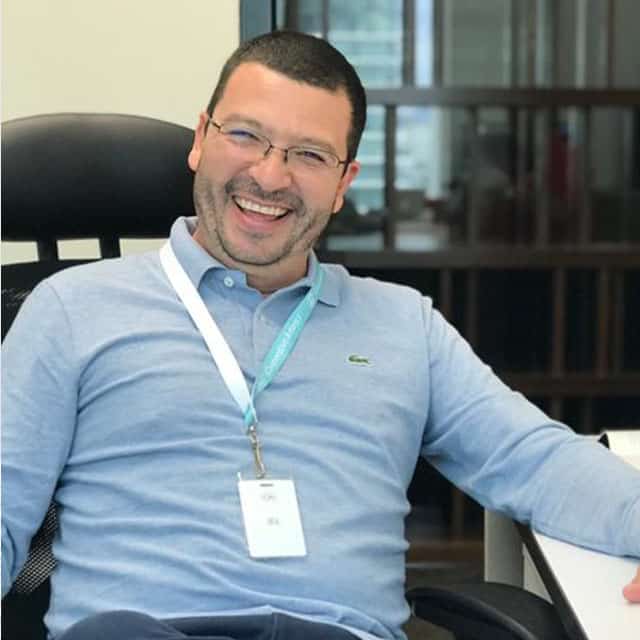
Luis von Ahn Foundation
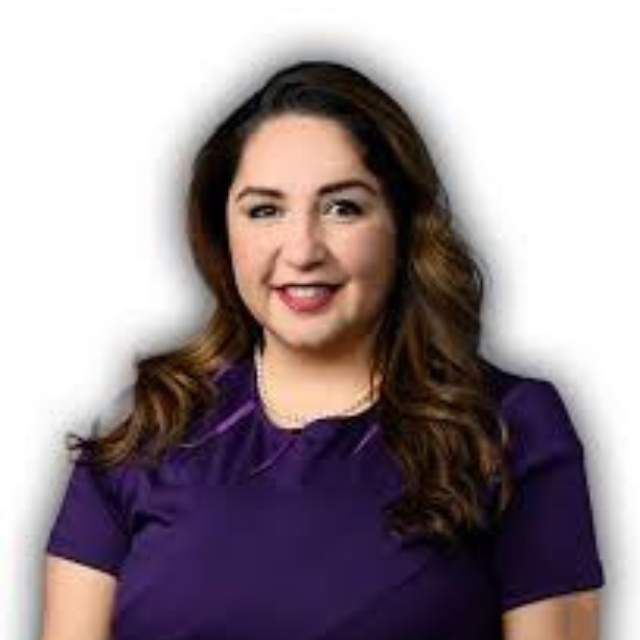
U.S. Member of Congress
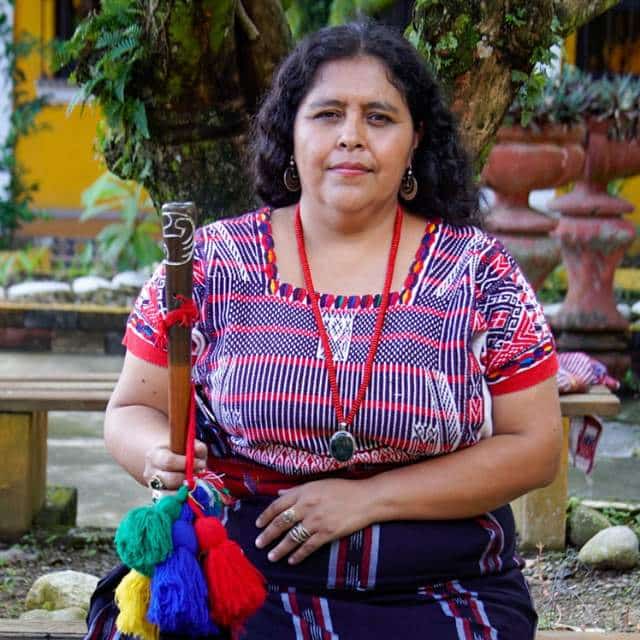
Indigenous Peoples
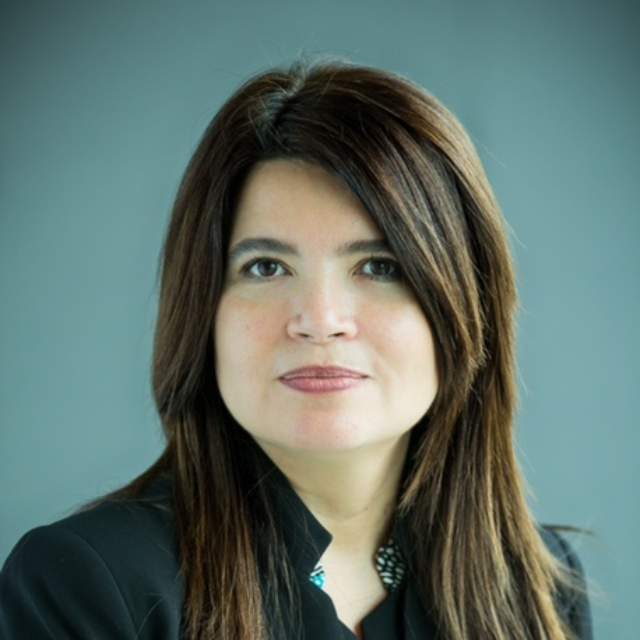
Private Secretariat of the Presidency of Guatemala
"The challenge is to come and change these actors in the country. Democracy cannot be won by the government or by just one person; it must be done collectively. It is up to the legislative, judicial and executive authorities, as well as the people and the population."

"Democracy is not taken for granted, not should it be taken for granted."

"We must trust those institutions that are doing the work, and also the officials who are working ethically."

This panel addressed the importance of recognizing communities affected by socio-environmental disasters in Latin America. Communities face common problems such as loss of livelihoods, diseases and lack of government support, which continue to push their populations to migrate. Speakers highlighted the need to address crises with respect to territorial and cultural particularities without ignoring realities. A call was also made to abandon extractivist, colonialist and racist models, and to guarantee access to territories to strengthen the right to stay. The panelists identified visibility of community narratives, research into the causes of displacement, collaborative efforts and recognition of local initiatives as four key takeaways.
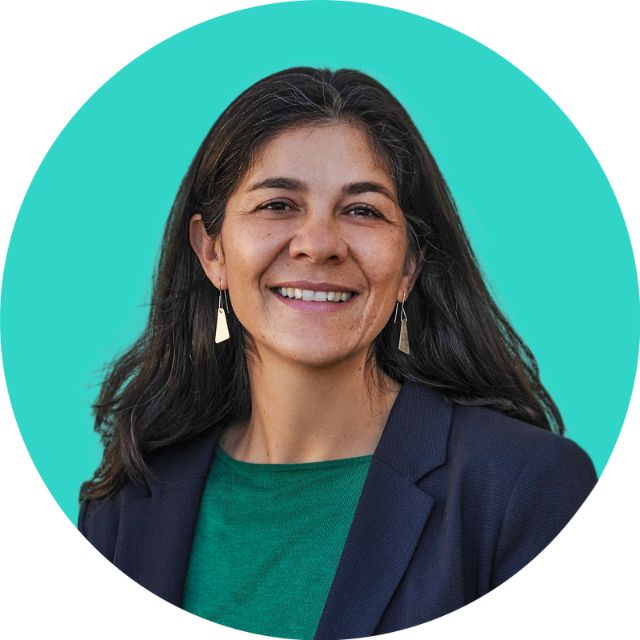
Hispanics in Philanthropy
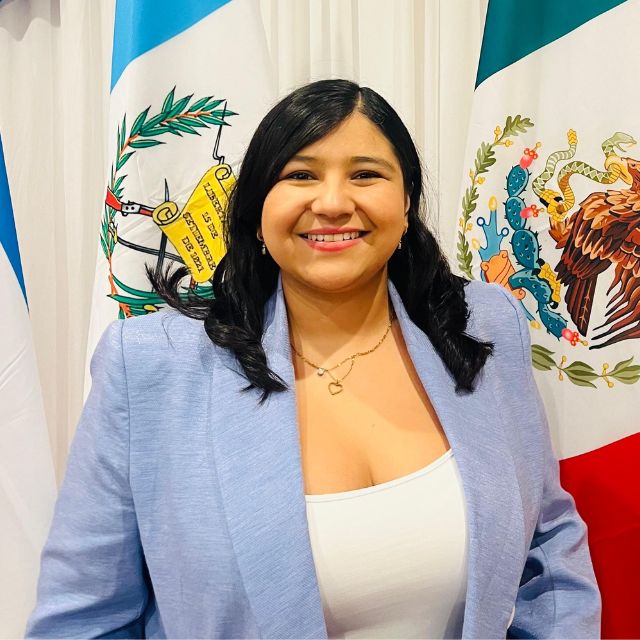
Ayuda en Acción
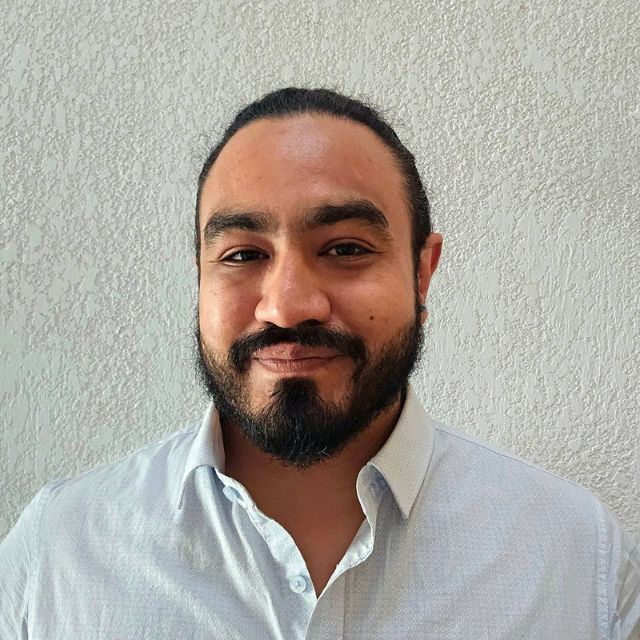
American Friends Service Committee (AFSC)


“There are many opportunities for Central America and the United States to create the kind of relationship where they truly see each other as partners. I think the way to do this is to understand that our democracy is interconnected: when democracy in the United States is fragile, it impacts Central America. There are also opportunities to understand that our economies can benefit from seeing each other as partners and not seeing our relationship as a form of charity,” said Delia Ramirez, a U.S. congresswoman of Guatemalan origin.
The panel discussed the achievements and challenges of the “Voices for Education” initiative, an intersectional effort to build a new vision for the education system in Guatemala. The panelists highlighted that one of the most notable achievements of the process has been the change of perspective towards collaboration, and spoke about approaches for organizations to present their methodologies as solutions to the Ministry of Education. Vice Minister Aldana emphasized the need to empower youth to create change, and the representative of the Population Council pointed to “Voices” as a “laboratory of ideas” to experiment with new solutions. At the conclusion of the panel, the Luis von Ahn Foundation announced a commitment to invest $5.2 million over the next three years to strengthen education in Guatemala and the alliances between the government, civil society and the private sector.
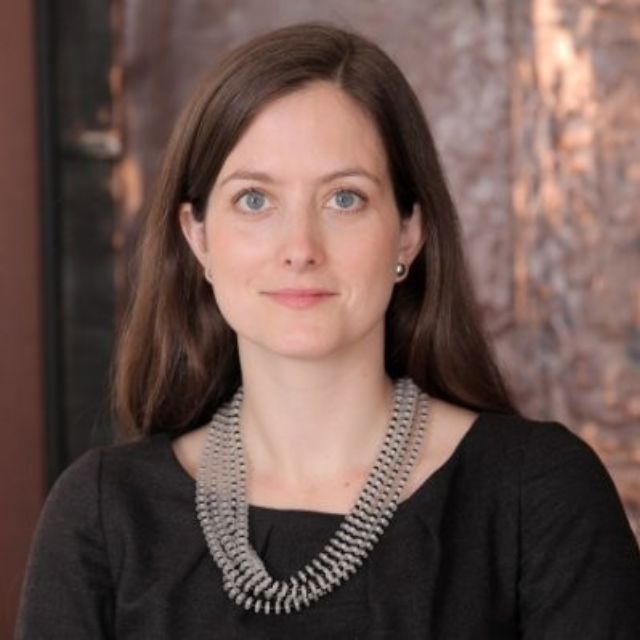
Tinker Foundation
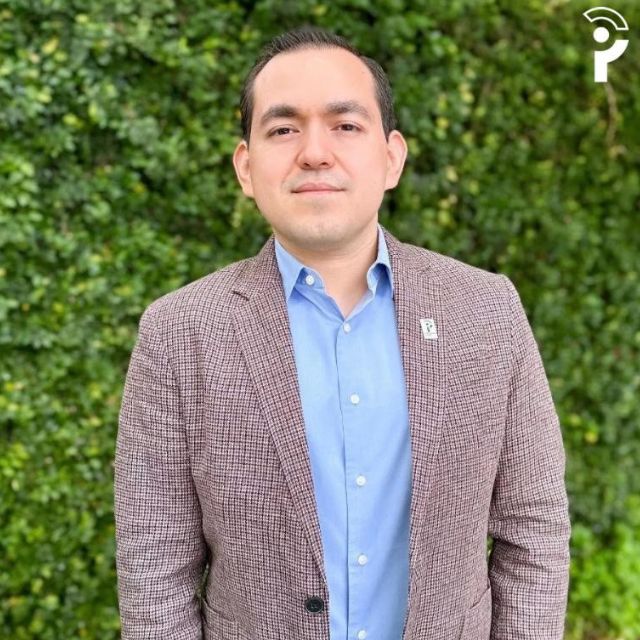
Population Council
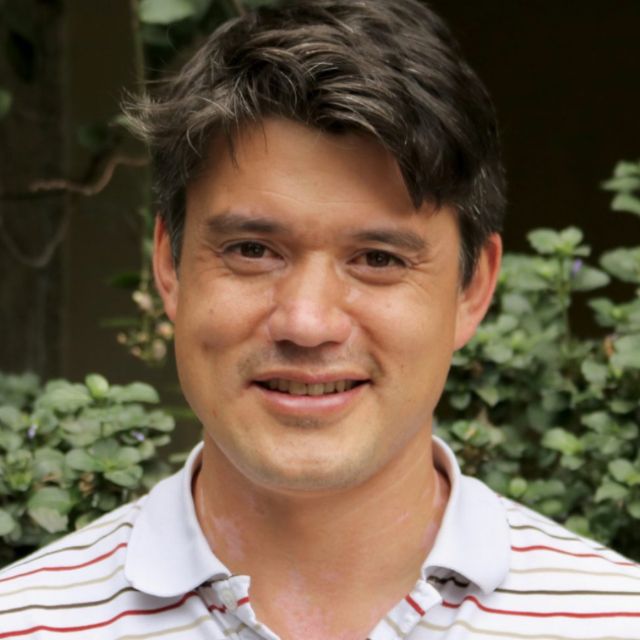
Ward Foundation
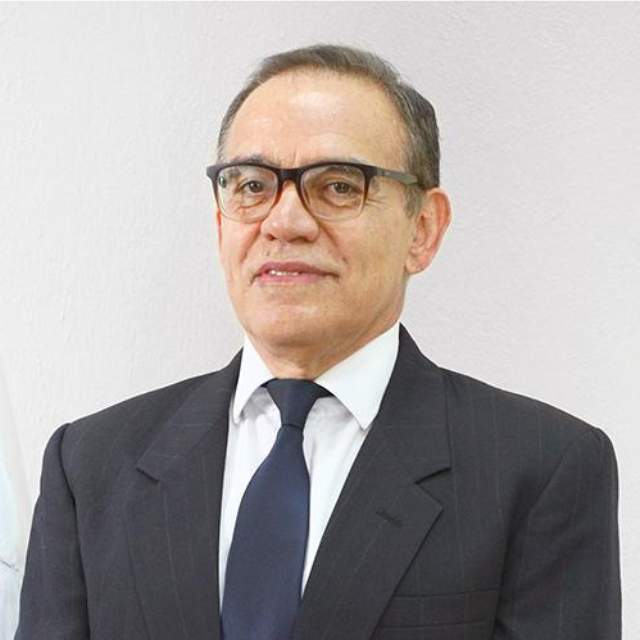
Ministry of Education, Guatemala

MAIA
"The 'Voces para la Educación' platform can transform into a laboratory for incubating ideas."

"Voices will continue to be important for the country, and so it must create critical voices in a country that has been silenced."

"When civil society organizations work together, it strengthens us as organizations. We become a singular voice, which gives greater weight when presenting ourselves in government spaces."

Journalists in this session discussed the growing acceptance of authoritarianism among youth, which underscores the urgency of citizen education to expose abuses of power across multiple sectors, including the State and organized crime. Panelists spoke about the role of journalism in the fight against authoritarianism and in promoting an informed citizenry in Guatemala. They highlighted the importance of collaboration between organizations to strengthen independent journalism and to help inform inform citizens.
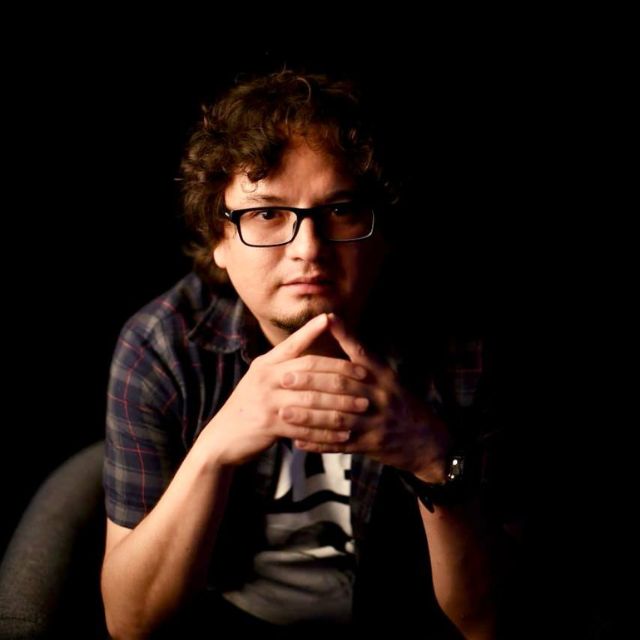
No Ficción
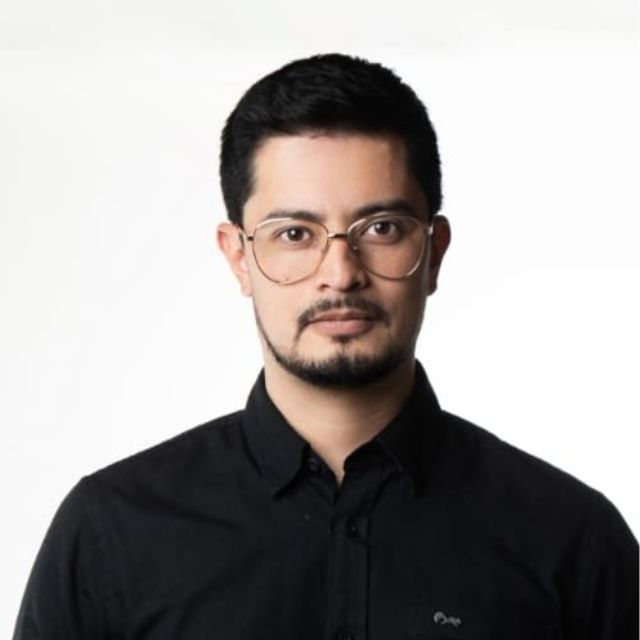
Plaza Pública

Ocote

Ojoconmipisto

Quorum
"Among the signs of authoritarianism, the media is one of the first to be affected."

"Journalism today is no longer about scoops, but about discussing which topics to cover and discovering the strengths of each medium."

"People are terrified of sharing information, but as authoritarianism begins to fall, that fear gradually begins to disappear."

"There's a risk that we close ourselves off and write only for those who are already convinced by our ideas, and for those who already share our same values."



Pía Flores, Journalist and Co-founder of Quorum, highlighted that CADF “is a good opportunity to share experiences and good practices for work, listen to voices and create ties with organizations and other media outlets, and to present the journalism that we’re proud of making.”
This panel defined comprehensive and transformative education as a crucial element in rural communities that will allow not only develop the individual, but also the community. Speakers highlighted a need for programs with a focus on holistic education, and speakers addressed topics such as sexuality to foster trust between parents and their children.
Empowering girls in rural areas is essential to achieve change in communities. However, there are still challenges to progress such as resistance to changing gender stereotypes and the normalization of violence. As such, it is crucial to address cultural taboos, especially on issues of gender and sexuality, and to respect culture by recognizing that gender-transformative education is a shared responsibility.

University of California, Berkeley
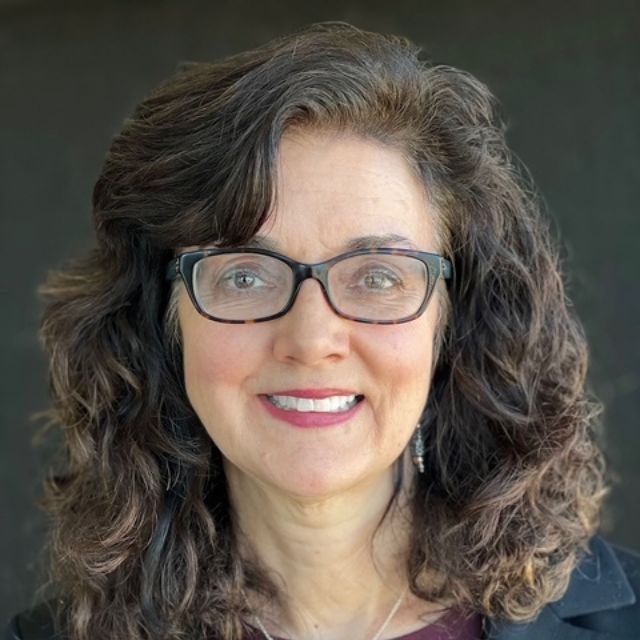
The Summit Foundation

Bayan Association
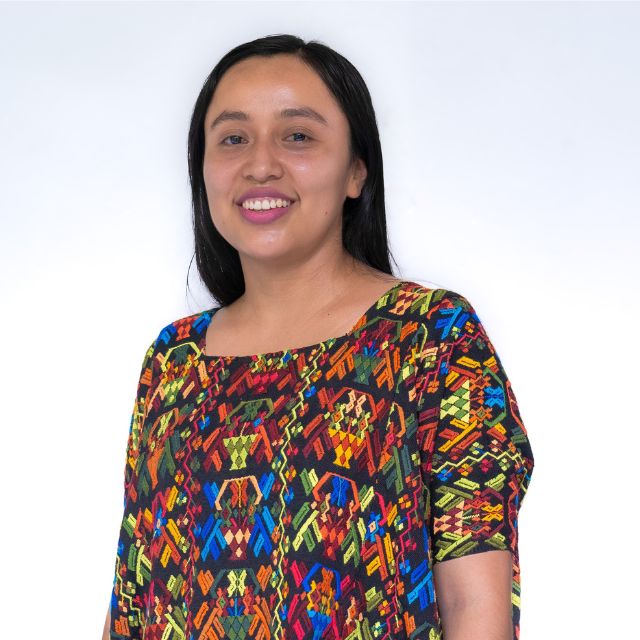
Na'leb'ak
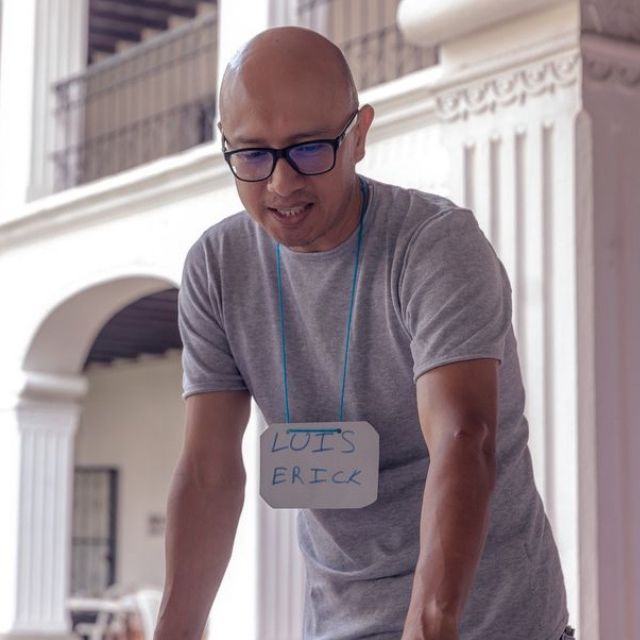
SERniña Association
"The development of a person is inconceivable if his or her own community does not develop at the same time."

"Women recognize that men will not fully support this type of empowerment because they do not live what we live."

"We recognize that society is made by men and for men."

"Change takes time and long-term commitments."

Explore, use and share images from the sessions and networking activities at CADF 2024.
View the CADF 2024 album

“It is important to raise awareness and discuss the role that Indigenous peoples have played as a main actor and as a subject of political rights, a group that has historically fought for its rights. At an event like this, it’s important to take this into account and to understand their needs, not only during the Indigenous uprising when resignations or the end to corruption are demanded, but also for other needs and demands of Indigenous peoples,” said Feliciana Herrera, Mayor of the Authorities of the Ixil People of Nebaj.
One of the main challenges among countries working alongside Guatemala and maximizing the impact of aid is adapting to the specific needs of the country through effective coordination between the Government and civil society organizations. This panel emphasized the need to improve the lives of Guatemalans through programs for sustainable development, human rights, gender equality and natural resource management. Speakers highlighted efforts to combat child malnutrition, gender violence and the underlying causes of migration, as well as the importance of strengthening institutions.
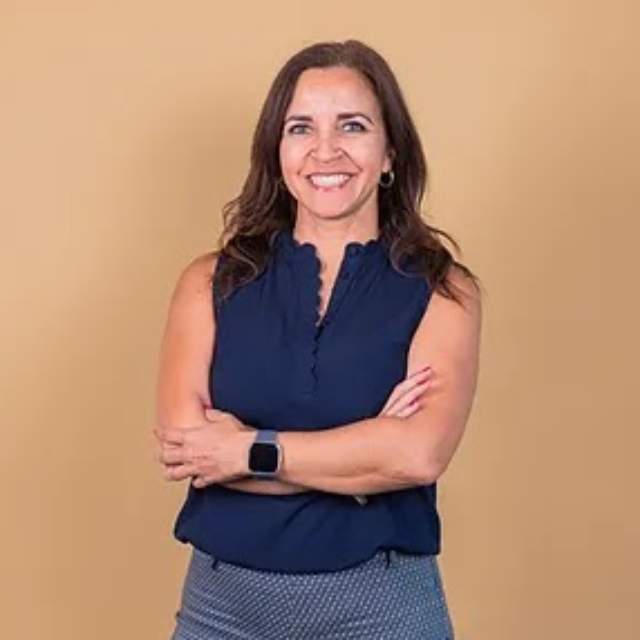
Luis von Ahn Foundation
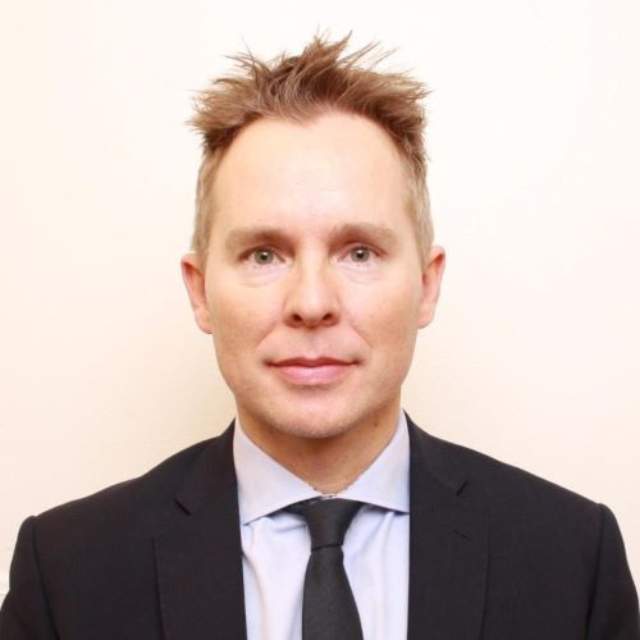
Embassy of Sweden in Guatemala
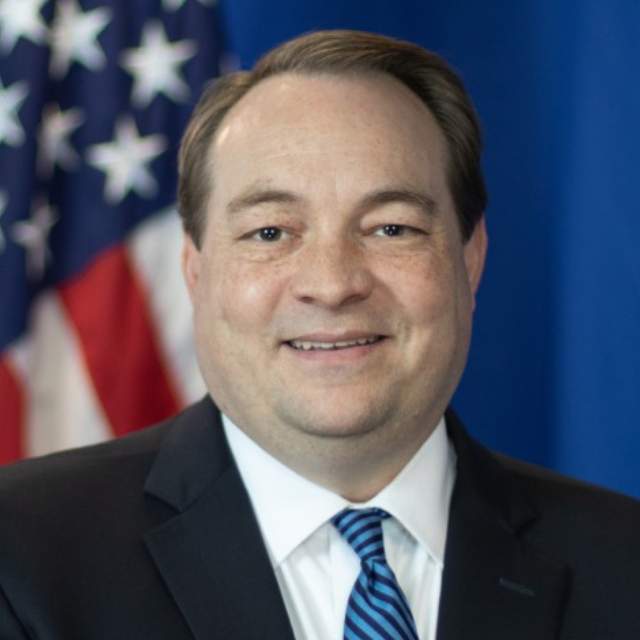
Embassy of the United States in Guatemala
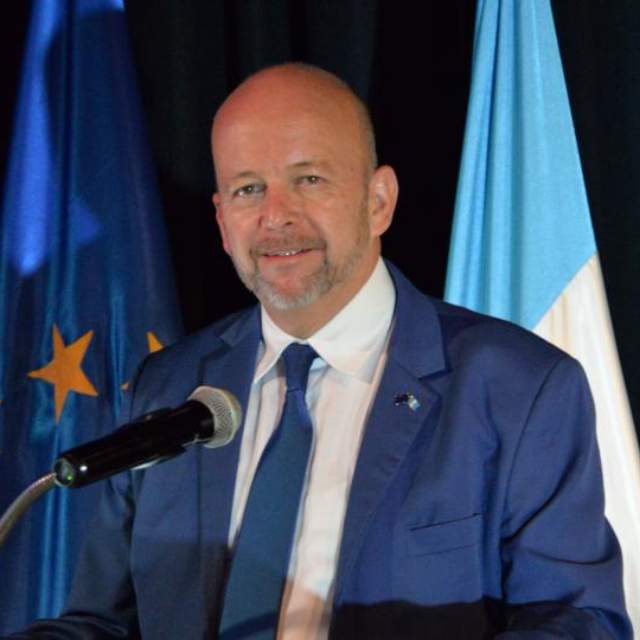
Delegation of the European Union to Guatemala
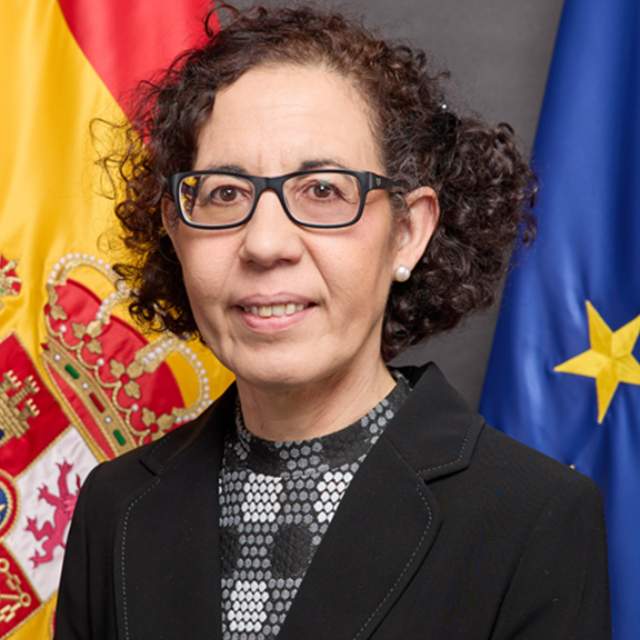
Embassy of Spain in Guatemala
"We must learn to combat corruption through digitalization."

"It's important to have a way for cooperation to be based on or adapted to guidelines for the issues and needs in Guatemala."

"There is a vision to work closely with the private sector and find synergies for strategic support."



“CADF is a broad and diverse space where various visions come together and give rise to creativity and active participation across many sectors. At the Ford Foundation, we have a special interest in fostering conversations between donors, organizations and other sectors about what is happening in Central America, and CADF is really the space we have to do that,” said Ximena Andión, Deputy Regional Director for Mexico and Central America at the Ford Foundation.
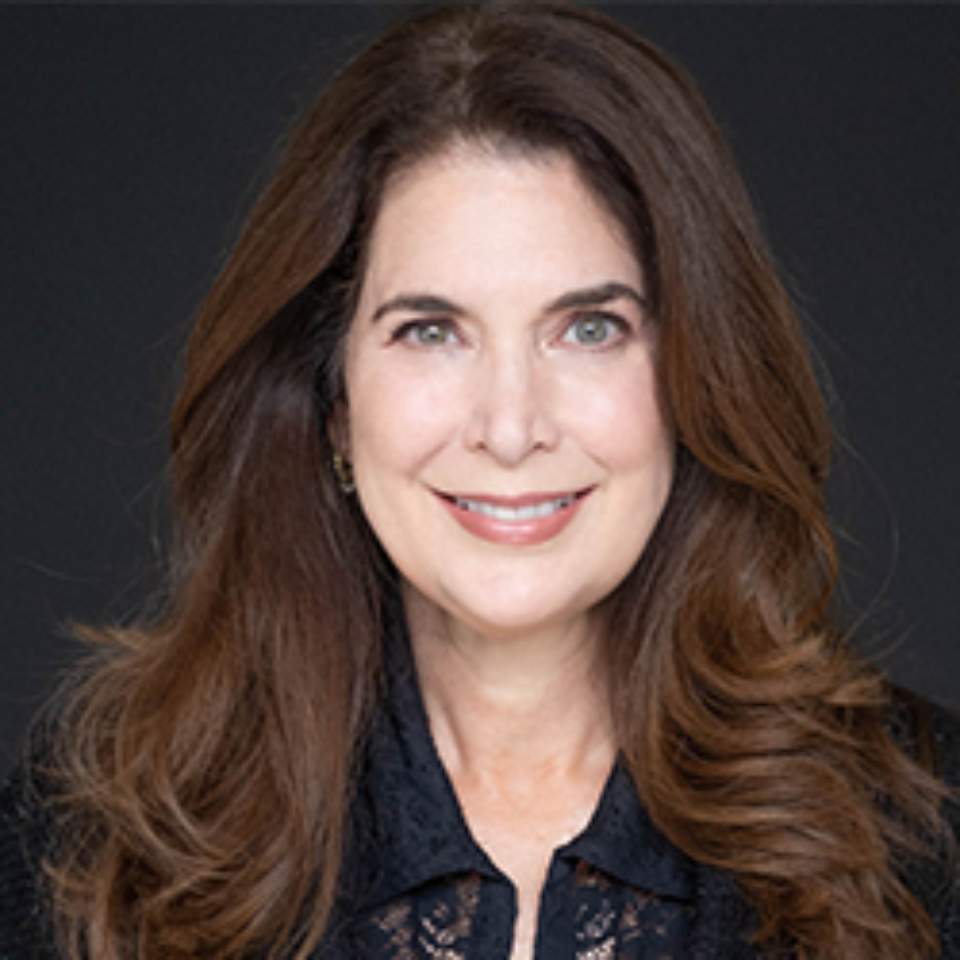
President, Hispanics in Philanthropy (HIP)

Deputy Regional Director, Mexico and Central America, Ford Foundation
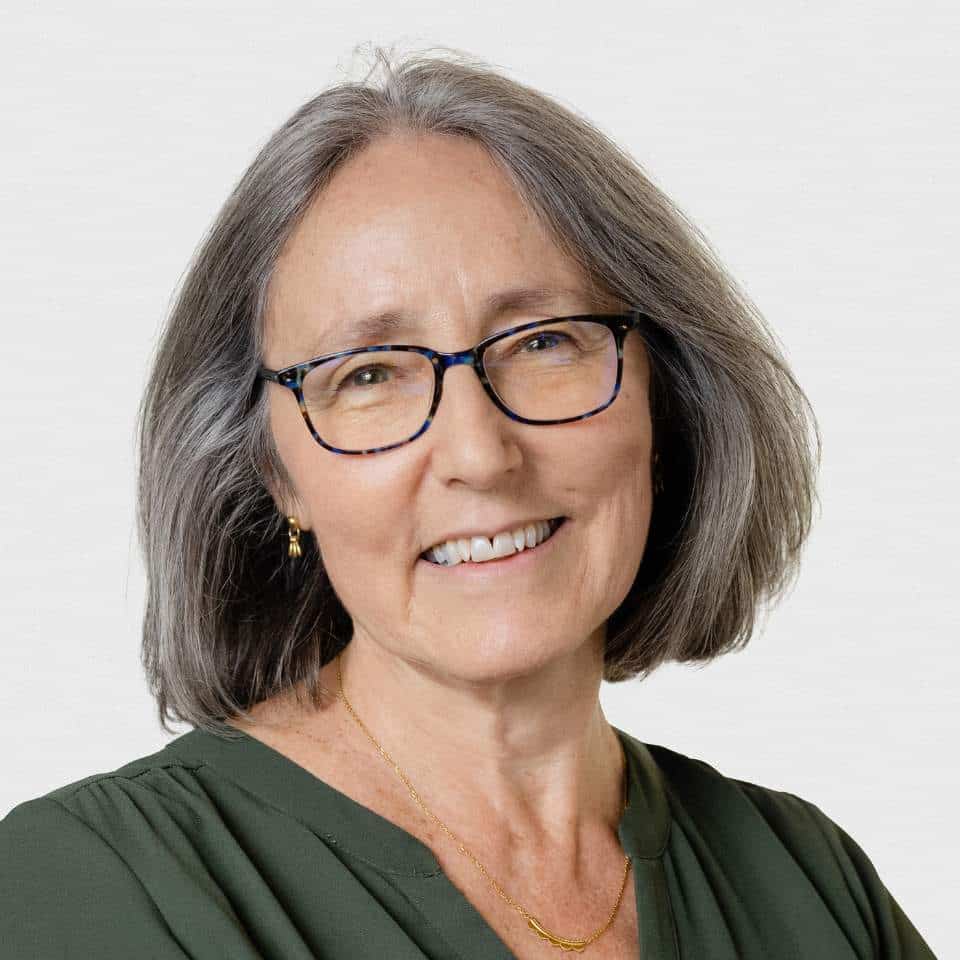
Executive Vice President, Programs & Communications, Rockefeller Brothers Fund
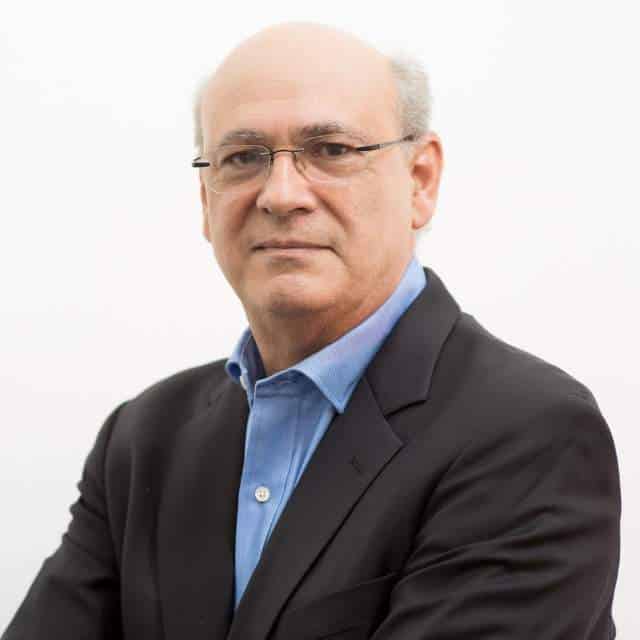
Founder and Director, Confidencial

Guatemalan singer-songwriter and activist
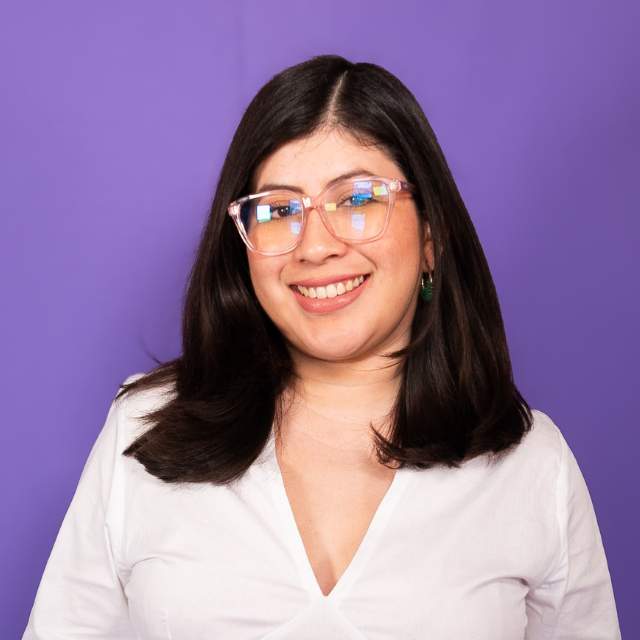
Human rights activist and Director of Learning and Training, Instituto 25A
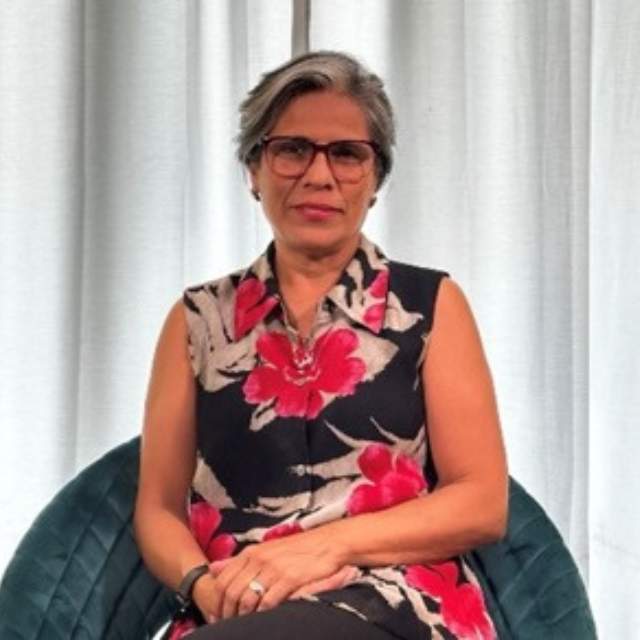
Lawyer and Human Rights Defender

Co-founder & Director, Ocote
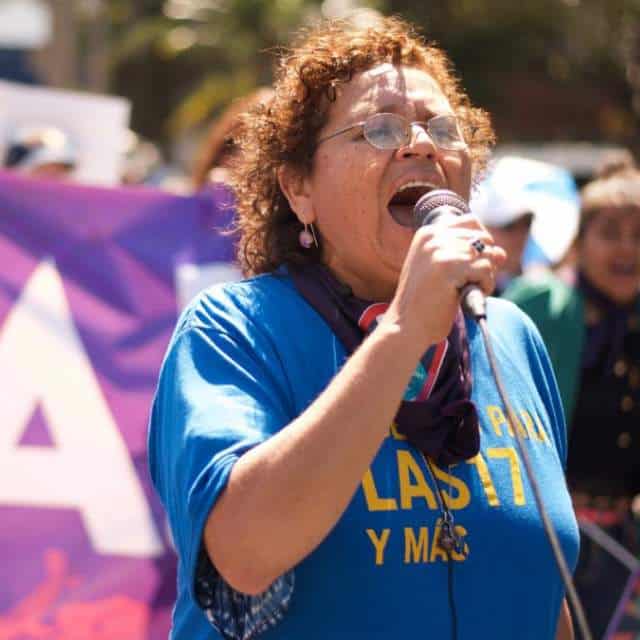
Feminist Activist & Human Rights Defender

President, Tinker Foundation
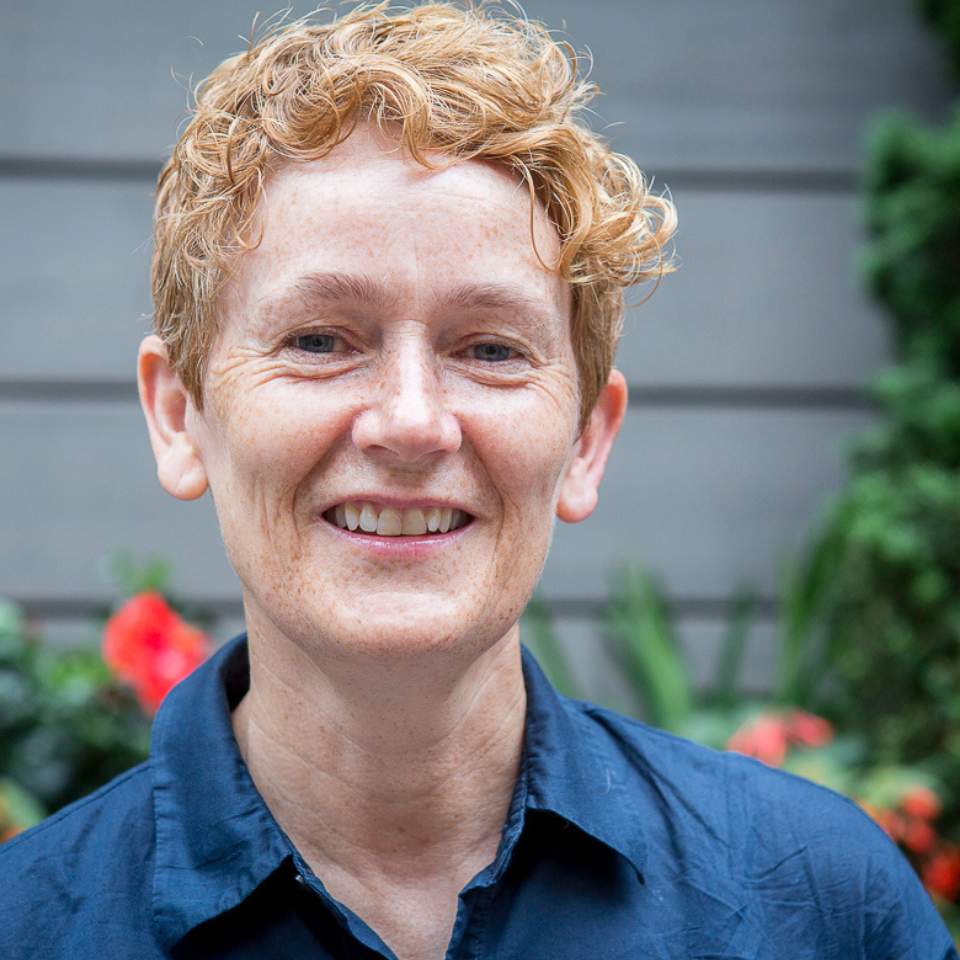
CEO, Foundation for a Just Society (FJS)
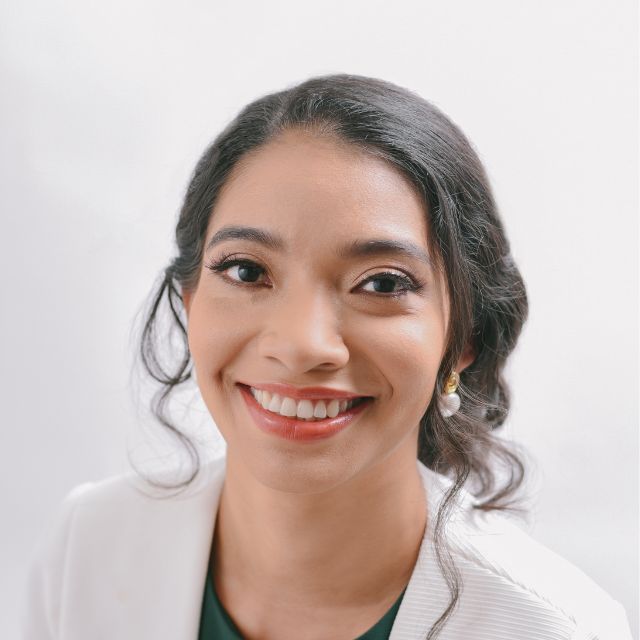
Board Member, Seattle International Foundation, Executive Director, Women´s Link Worldwide
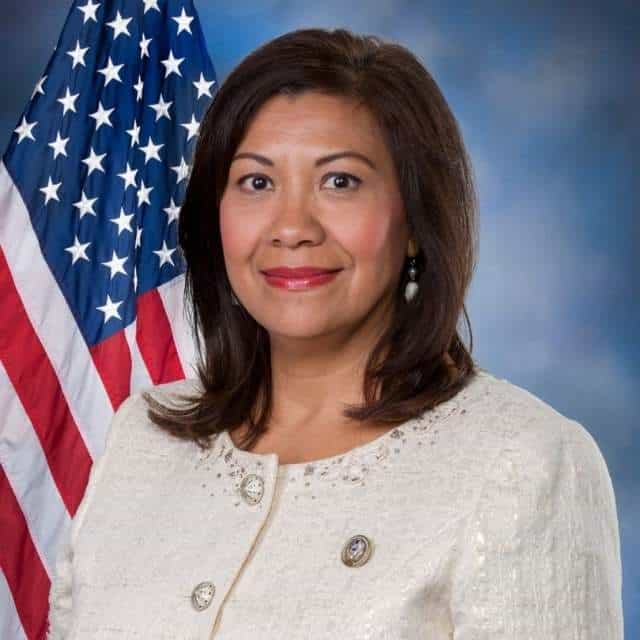
U.S. Congress, Co-chair, Central America Caucus
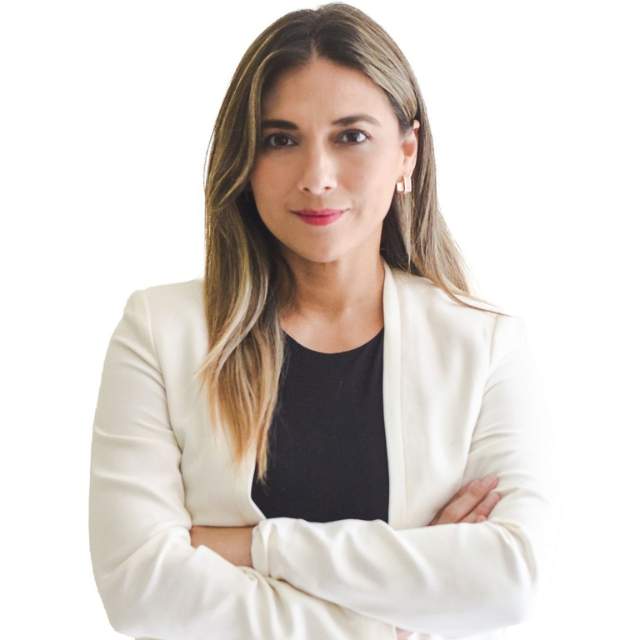
Executive Director, National Business Council (CNE)
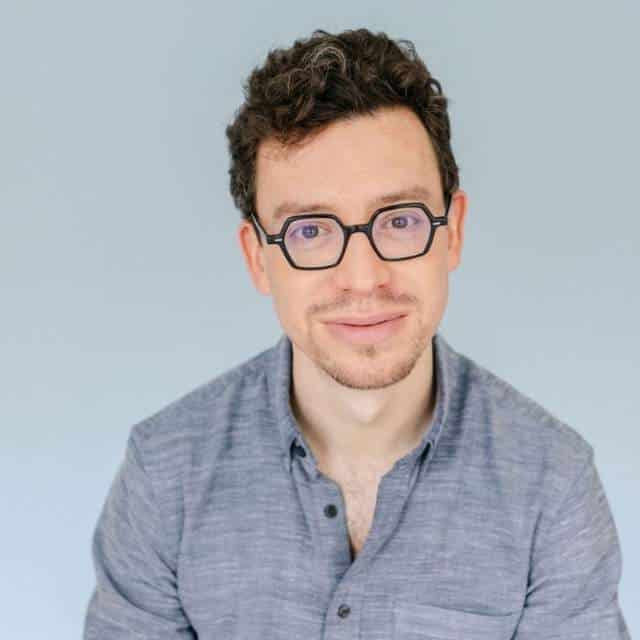
Co-founder and CEO, Duolingo
This panel, hosted by Seattle International Foundation’s (SIF) Central America and Mexico Youth Fund (CAMY Fund), highlighted the importance of seeing youth as agents of change, rather than beneficiaries. Panelists put forward innovative ideas to transform gender roles in the intersection of youth and work, address the setbacks and advances in relation to human, sexual and reproductive rights, and to decentralize philanthropy to make funds more flexible. In 2024, the CAMY Fund celebrated its first ten years of working alongside the region’s transformative youth.
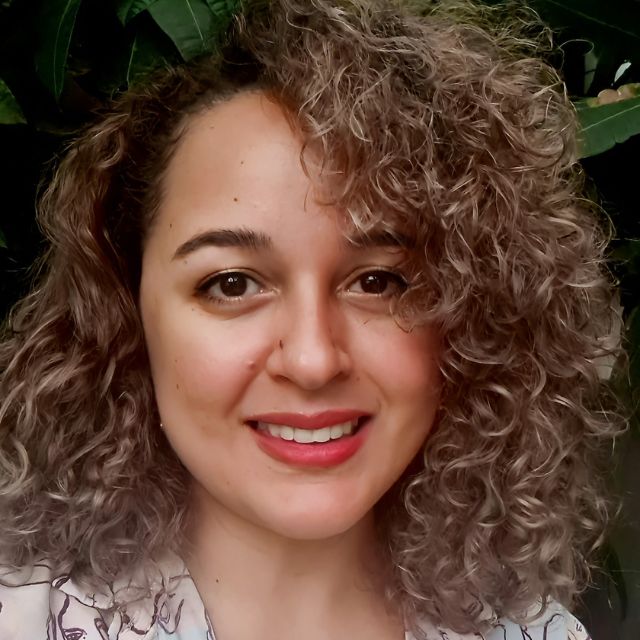
Seattle International Foundation

The Summit Foundation
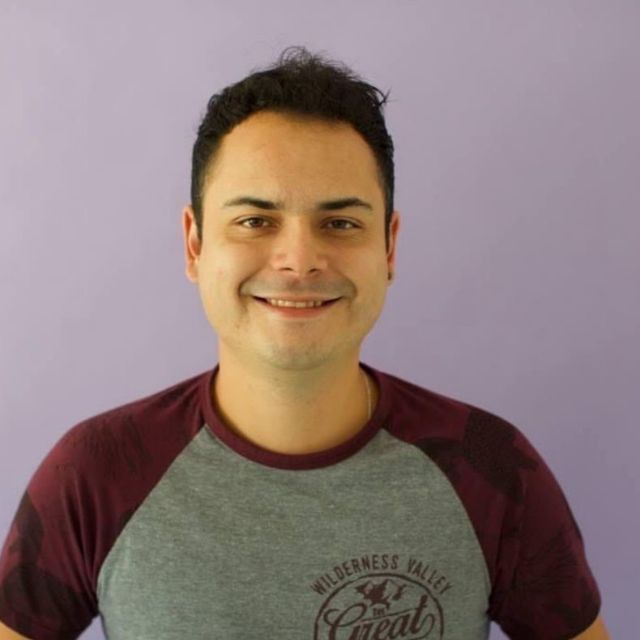
Casa Frida, Refugio LGBTIQ
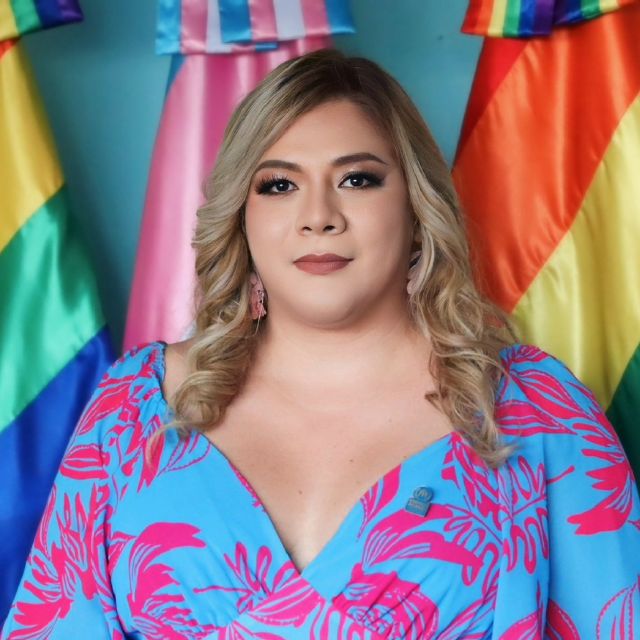
COMCAVIS TRANS

INCIDEJOVEN
"Betting on the work of youth means betting on innovative and transformative ideas."

"The CAMY Fund has the political and financial commitment to support the collective struggles of LGBTQI+ youth."

"Thanks to the CAMY Fund, we have been able to increase our care for LGBTQI+ youth."

"Working with CAMY allows organizations to work with policy coherence."



The Director of COMCAVIS TRANS, an organization that defends and promotes LGBTQI+ rights in El Salvador, highlighted that “social movements and government institutions play an important role in building an inclusive democracy and in generating policies that benefit the LGBT community, women, Indigenous peoples, and people with disabilities. It’s an inspiring moment, especially when several countries in Central America are regressing in terms of democracy.”
Panelists discussed initiatives that foster economic development and social inclusion in rural communities in Guatemala. This session highlighted efforts to empower women and youth through savings programs, cooperatives and employability projects. These actions significantly improve competitiveness and have fostered economic independence and women’s leadership while fighting against machismo and a lack of job opportunities. Speakers discussed alliances with private companies and international cooperation, which have allowed for increased investment in agricultural projects and reduced production costs. The group mentioned successful examples of how these methodologies have generated employment, strengthened agricultural production and improved quality of life.

Helvetas Guatemala
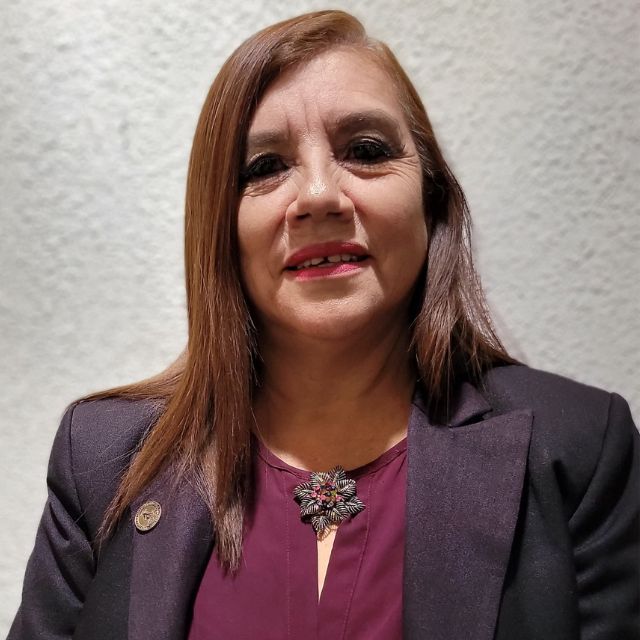
Malacatancito Municipality, Huehuetenango
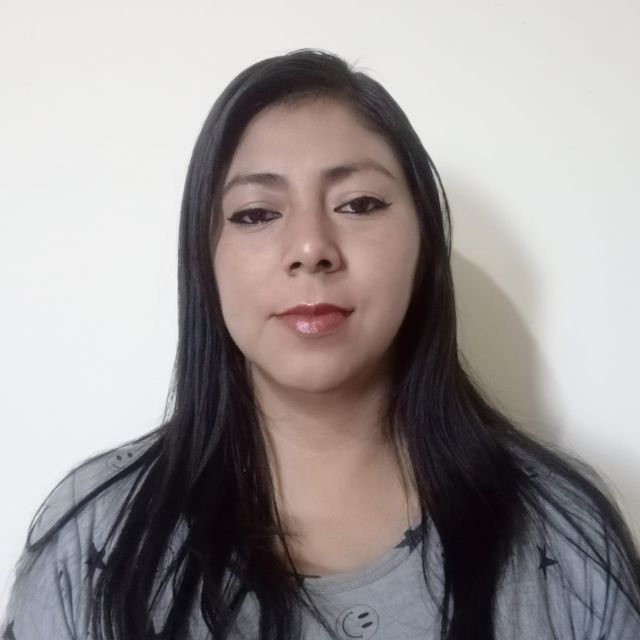
Palestina de los Altos Integral Marketing Cooperative (COIPAL)
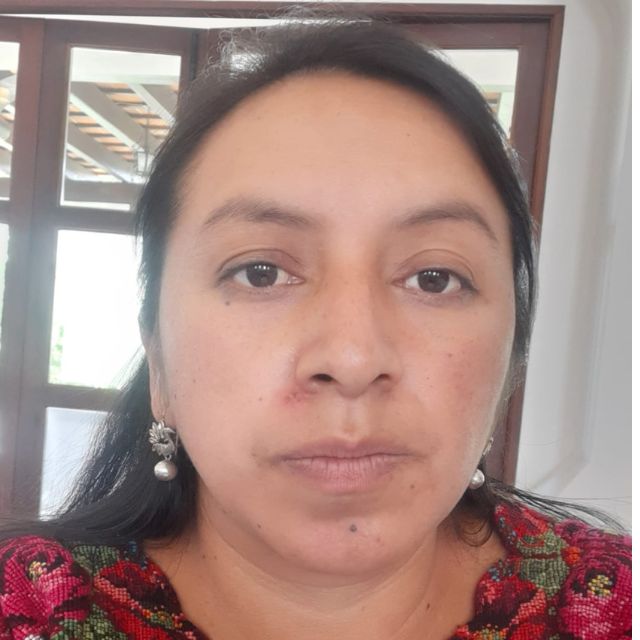
Redes Empresariales Integrated Marketing Cooperative (COPIRED)
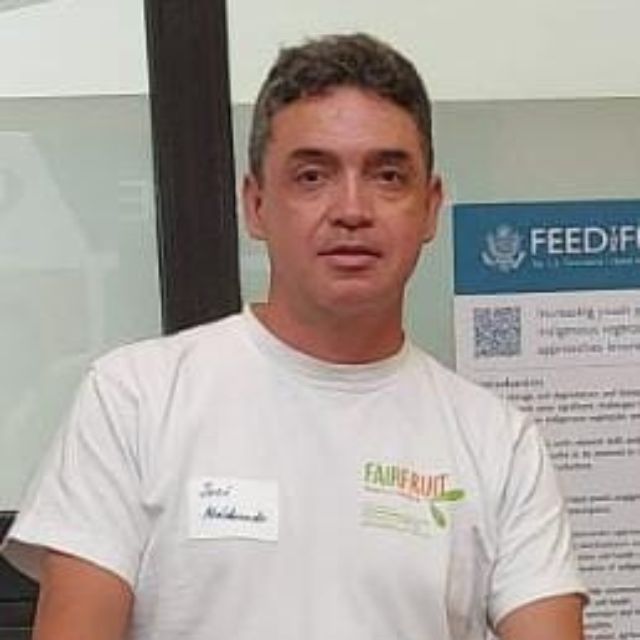
FairFruit
"Economic empowerment is the key for the freedom we need. Nobody told us how to generate an income, or how to be free."

"As women, we give passion and time to promote the growth of others."

"Brave and hard-working women have overcome machismo and are now leaders within our cooperative."

The CADF 2024 agenda featured nearly 65 sessions, including panels, workshops, fireside chats, roundtable discussions, site visits and many networking opportunities.
View full 2024 agendaThe dynamic nature of dozens of panels, workshops, keynotes, roundtables and cultural and networking activities were captured in the CADF 2024 videos. Share them with your contacts to highlight the importance of this event for the Central American agenda.
View CADF 2024 videosPanelists discussed the challenges of the Escazú Alliance, an environmental treaty that promotes the protection of human rights defenders, and the need to generate strategic alliances and joint efforts both in the environmental sector and among citizens in general. Coordination with local governments and the inclusion of more actors in the process are key elements. During the government of former President Alejandro Giammattei, more than 15,000 attacks on human rights defenders were recorded in Guatemala, ten times more than the average recorded from 2016 to 2019.

Luis von Ahn Foundation

The International Platform against Impunity
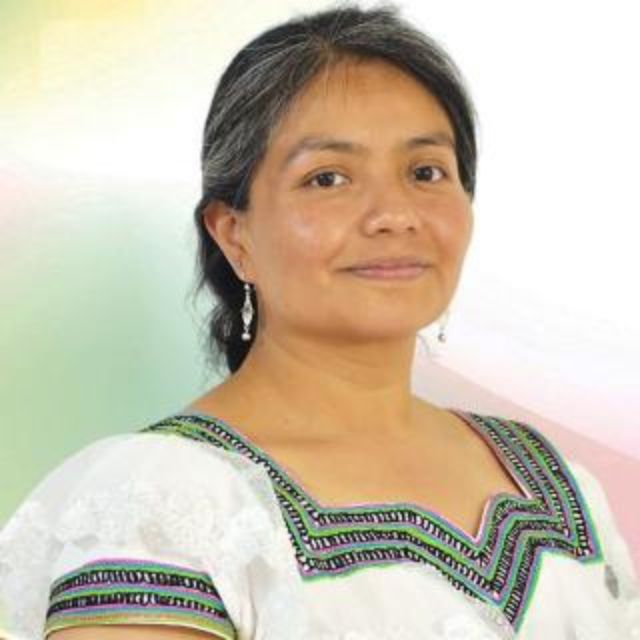
Ancestral Government of Plurinacional Q'anjob'al, Chuj y Akateko, Guatemala

Ministry of the Environment and Natural Resources of Guatemala

Ford Foundation
"It's important to understand that this alliance is not only for the environmental sector, but it's an issue for all citizens."

"We must face the challenges from the grassroots level, as they are part of the solution. An important element is to involve more actors from Indigenous communities."

"Constructive dialogue is necessary to hear others in society and, through the power of our decisions, to further develop out this type of communication."

"For certain rights and legal reforms, they are moving backwards. That is why funding is more important now than ever."

"There is no democracy without social justice, nor is there without environmental justice."

This workshop shared out the perspective of young people from Honduran communities who have faced violence and discrimination and who suffer from the social and educational limitations of their environment. The conversation delved into the need to empower vulnerable youth, highlighted the role of spaces for coexistence and empowerment, and addressed the relevance of education as a tool for Indigenous youth to know their rights and develop self-esteem. Violence and migration were central themes, and speakers emphasized the urgency to provide mental support and education opportunities to Indigenous youth in the region

Christian Aid

Christian Organization for the Integral Development of Honduras (OCDIH)

National Indigenous Ch'orti' Council of Honduras (CONICHH)

Lenca Intermunicipal Youth Indigenous Council, Honduras
"We must work on communication processes, not projects. We must start with the needs of communities, especially among the youth."

"When we suffer discrimnation, we develop low-self esteem and feel ashamed of our culture."

"No politician can fool an educated people."

"It doesn't matter what color we are, what race or religion we are. We all have the same rights."

At CADF 2024, attendees used the Sustainable Development Goals (SDGs) to navigate networking opportunities, as well as meet potential partners and allies.
Check out which SDGs attendees are most working towards below:
The CADF 2024 Attendee page allows you to search most attendees by name, organization type, country, SDGs and more! The Whova app will be available to contact attendees and speakers up to three months after CADF 2024.
Meet the CADF 2024 attendeesThe panel highlighted the importance of labor rights for comprehensive development, underscored the lack of freedom of association and the key role of labor organizations in overcoming the structural problems faced by workers in Guatemala, such as low wages and economic violence. Speakers discussed the progress made and the challenges that persist in the labor sector, such as the fear of reporting abuse and the need for greater female participation in the union sphere.
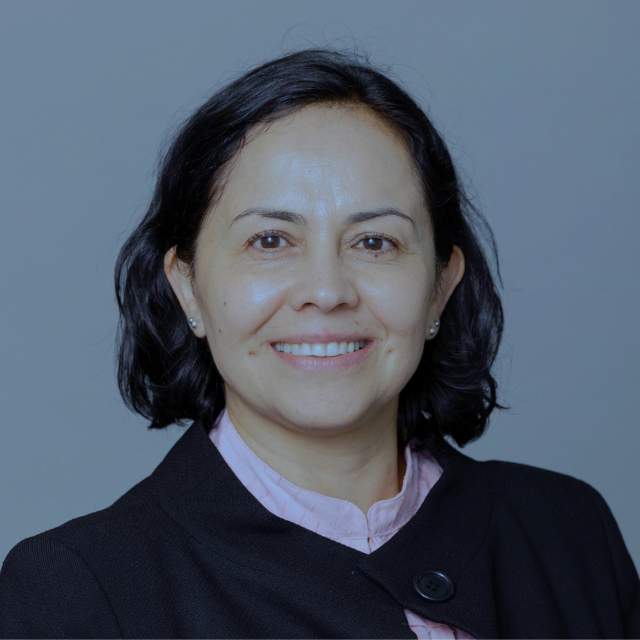
U.S. Department of Labor
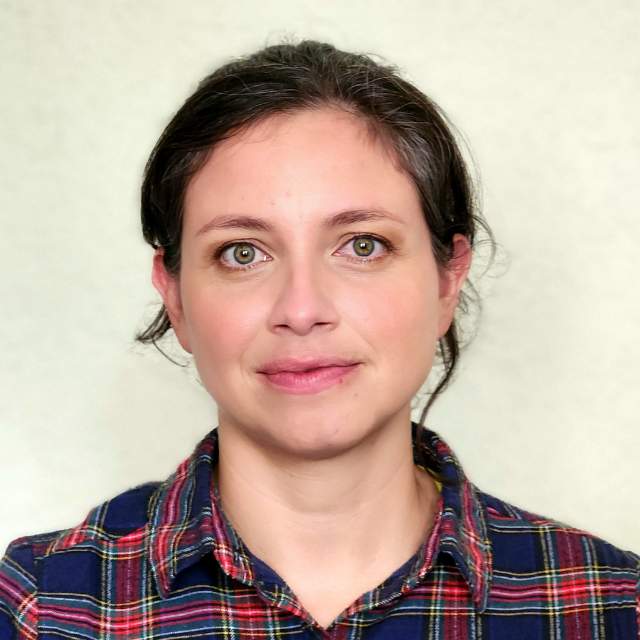
Red de Defensores Laborales de Guatemala (REDLG)
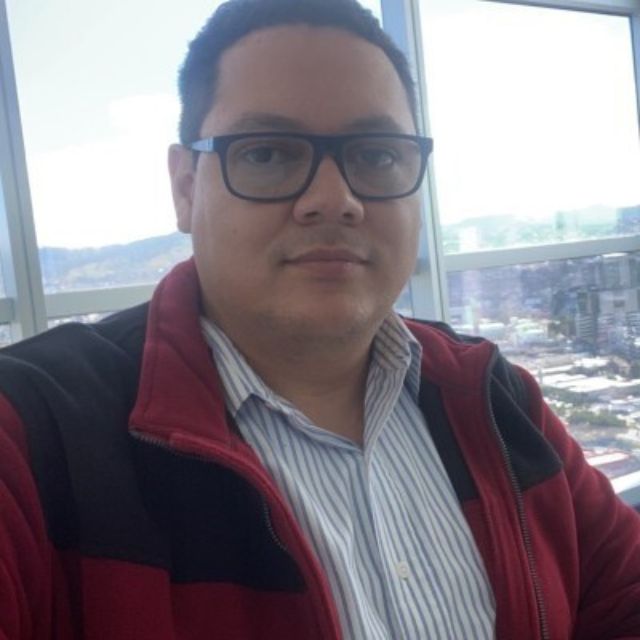
Visión Mundial
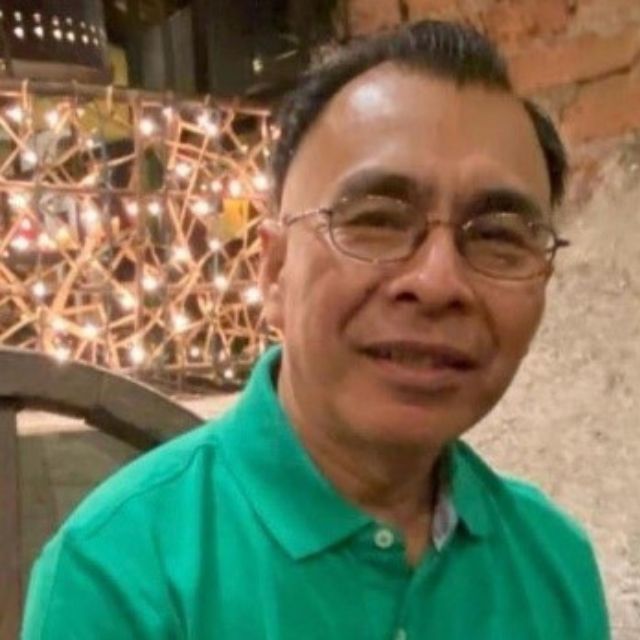
Guatemalan Workers’ Union (UNSITRAGUA)
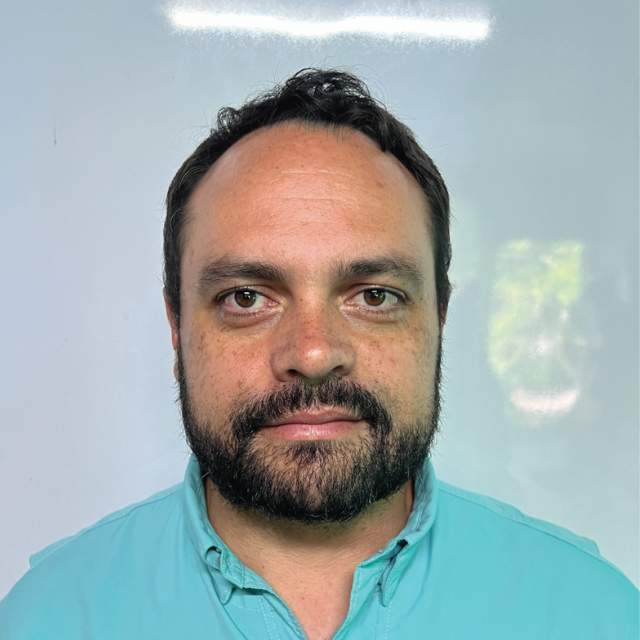
Solidarity Center
"Work is the fundamental basis for comprehensive development. If it is not of quality and there is no freedom for union organization, there can be no dialogue."

"Fear paralyzes workers in Guatemala. They are afraid of organizing and losing their jobs."

"Working in unions builds tangible muscles so that democracy is reflected in society."

"When workers exercise their right to freedom of association, they build power in the workplace and defend democracy."

The panel highlighted the main corporate social responsibility initiatives in Honduras, El Salvador and Guatemala, such as FUNDARHSE, FUNDEMAS and CentraRSE, which promote the inclusion of women, youth and people with disabilities in the labor market. Speakers emphasized the creation of safe work environments to prevent violence and encourage school retention, and highlighted the creation of effective initiatives such as Alianzas 360, which has evolved to coordinate key actors and address problems through a comprehensive approach. The panel also called for strengthening alliances between sectors to generate trust and take advantage of platforms for dialogue and international cooperation, thus ensuring the sustainable economic and social development of the region.
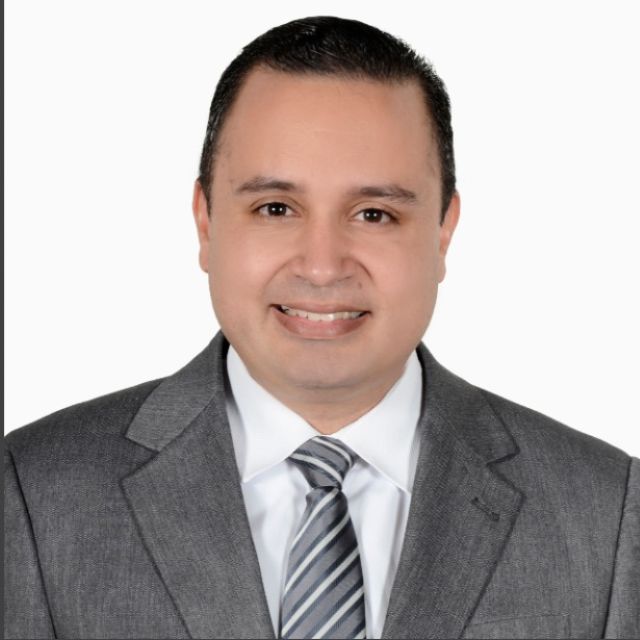
Pan American Development Foundation (PADF)

Business Foundation for Social Action (Fundemas)

Honduran Foundation for Corporate Social Responsibility (FUNDAHRSE)
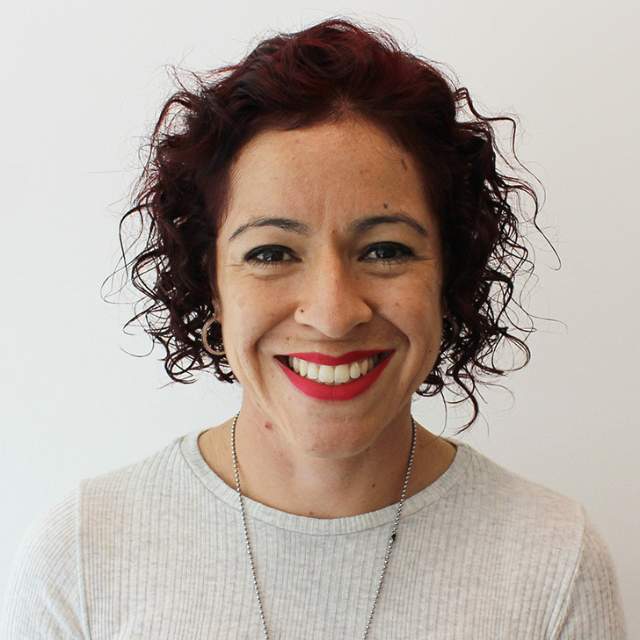
Center for Corporate Social Responsibility (CentraRSE)
"Companies need to put forward solutions that respond to the country's problems."

"The biggest challenge is the lack of trust between different actors because, although it's intangible, it manifests itself in a tangible way. We must foster trust in order to generate more partnerships."

Interested in participating in CADF 2025? Please reach out to Seattle International Foundation (SIF) to learn more.
Attend CADF 2025CADF 2025 announced

Sponsorship opportunities available

Theme and tracks released

Request for session proposals begins

Honorary Host Committee announced

Request for session proposals closes

Agenda released

CADF 2025
